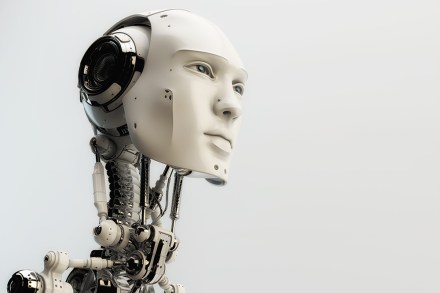Seeing the dark in a new light
True darkness, it turns out, can be experienced but does not exist. If you have been down a deep mine where the guide tells you to turn off your lamp you will have seen – in not seeing – something close to it: an utter nothingness in which your body and mind seem to shrink and expand at the same time. On a school trip to Big Pit in South Wales my entire class fell into a moment of unprecedented and never-to-be-repeated silence, a gasped amazement at the disappearance and invisibility of ourselves. Just for a moment everything vanished – and then the whooping and squealing started. This double impulse,


